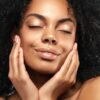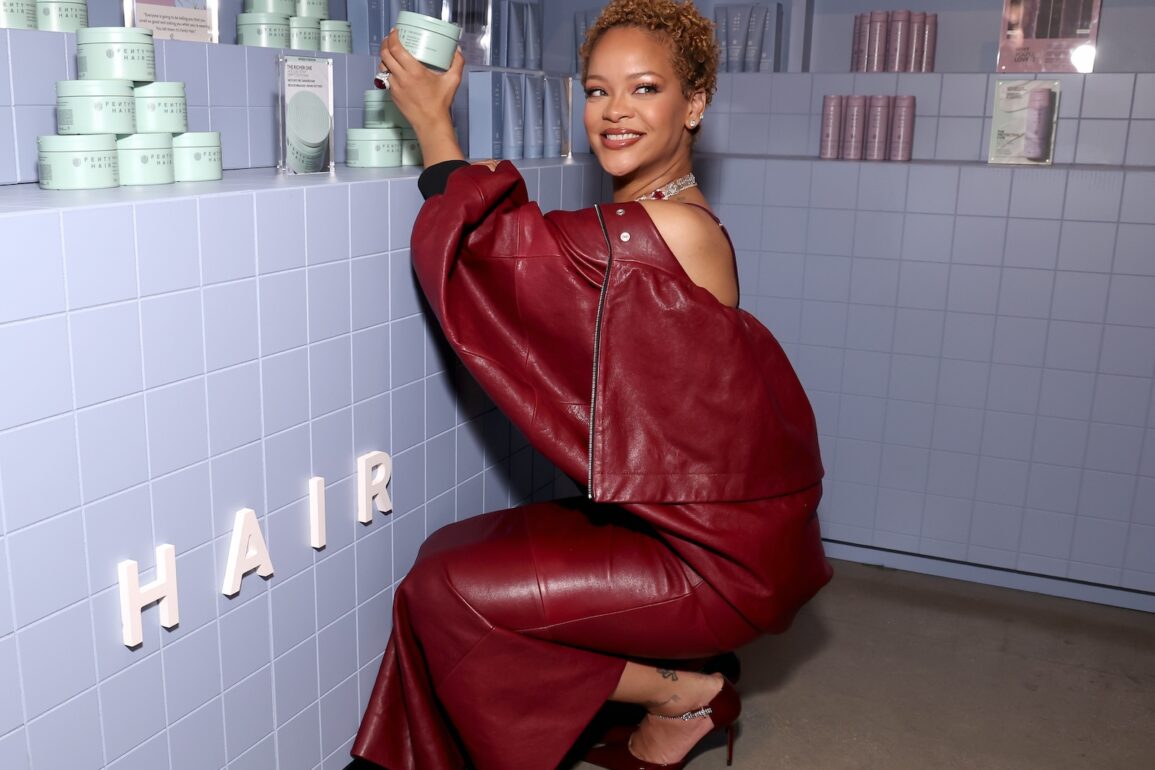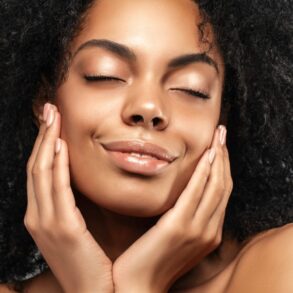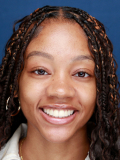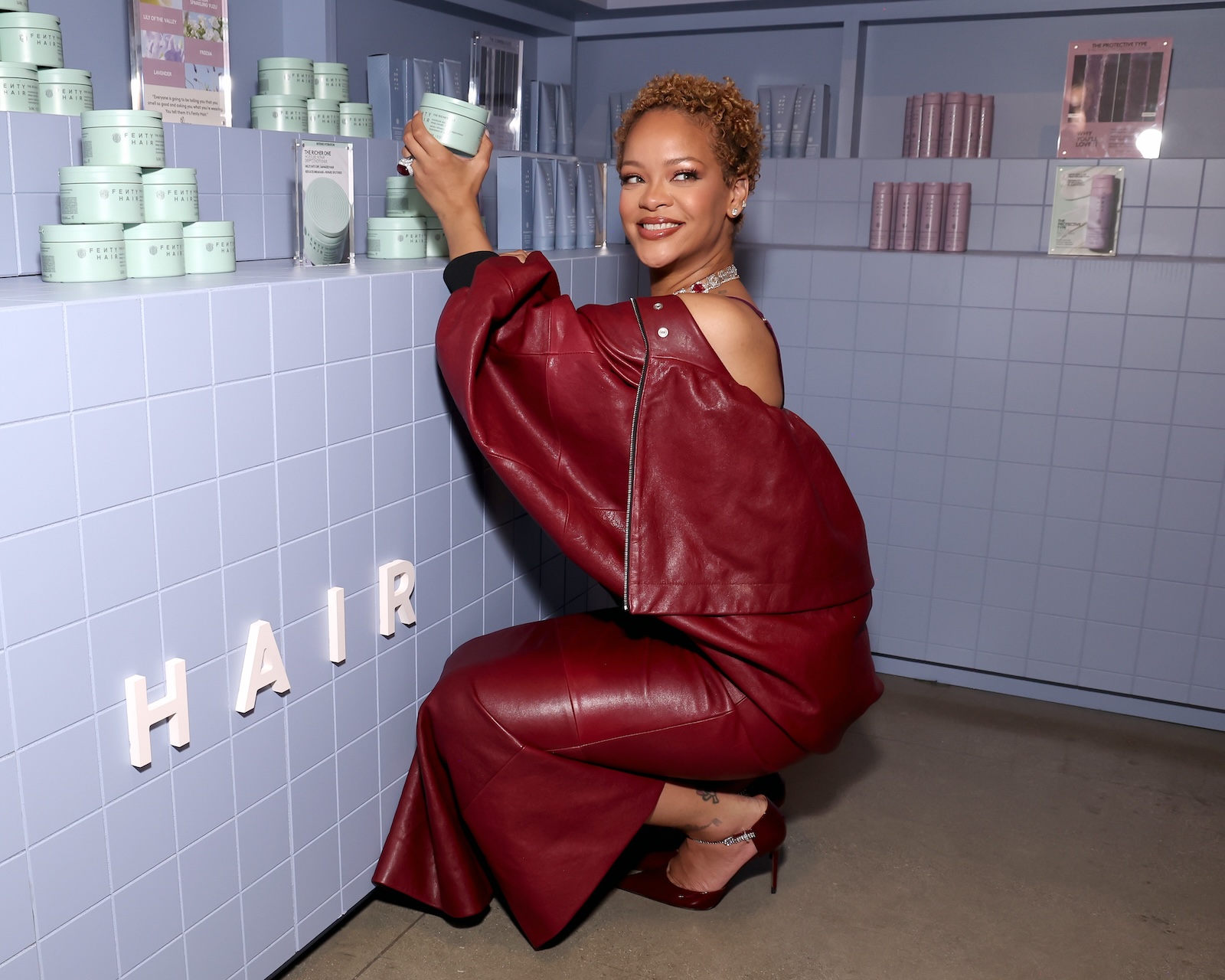
We are currently living in a renaissance state of visibility when it comes to Black beauty, specifically Black hair.
Taraji P. Henson, Tracee Ellis Ross, Beyoncé and most recently, resident Bad Gyal Rihanna have all ventured into the world of inclusive hair care.
TPH by Taraji, Pattern Beauty, Cécred and Fenty Hair have brought the discrepancies in Black hair representation to the main stage of beauty discourse.
Their specialized products consider the needs of Black women, a notoriously overlooked demographic in the world of beauty.
According to Nielsen, Black women spend approximately $2.29B yearly on hair care products, which checks out given the unique and, at times, politicized needs of Black hair.
Having these beacons of Black success and beauty at the helm of these brands presents a unique opportunity for Black women to buy into brands that resonate with their visual and social identities. Whereas, many existing brands fronted by big names have skirted by with a precision that seems deliberately alienating.
In 2023, innovative makeup brand Youthforia faced major backlash for its lack of shade range in its Date Night foundation. Content creators and makeup experts galore called out the brand for only offering 15 shades, an especially heinous beauty crime in a post-Fenty era that ushered in a new industry norm of 40-plus shade ranges.
A 2024 course correction was arguably worse when Youthforia released its darkest shade yet—an actual black pigment, as cosmetic chemists and influencers alike have described it.
It seems in the quest to have the darkest shade on the market, the brand indirectly or intentionally, depending on who you ask, missed the mark with consumers with dark skin — again.
That same month, Ebin, a legendary brand in the Black hair care space known for its extensive line of edge-slicking products, found itself at the center of some unsavory discourse after a former employee detailed her experience working as the social media director for the Korean-owned beauty brand.
Her complaints included an intentional ignoring of boundaries, exclusionary practices and isolation.
These events, while different in specifics, represent the same overall issue that has plagued Black beauty consumers for years: A blatant disregard for our unique desires and needs that routinely pay dust to our purchasing power.
So when household names come out with their own lines, our ears perk up.
We’re enthralled by their presence, lured in by their storytelling and hooked forever once the product proves to be efficacious.
The value of this inimitable draw is something that beauty veteran Tomi Talabi, the founder of The Black Beauty Club, knows on a personal and professional level with nearly ten years of experience working at household names like Bobbi Brown, transforming their digital strategy during the rise of the influencer, ushering in a whole new era of consumer-facing marketing.
“The new generation [of consumers] were basically living through digital influencers, like the Jackie Ainas and the Nyma Tangs. And so it was really [about] bringing the company into the new digital age. Which feels weird to say because I feel like we’re in another new digital age again,” Talabi tells EBONY.
New Era of Luxury
A marker of this new era is a reimagination of what consumers of color value. It’s not just the bravado of celebrity or the voyeuristic allure of influencers that have helped these brands rise to levels of esteem, a level previously heralded by companies with generations of consumer building behind them.
Inclusivity is one of the hottest tickets in beauty right now.
“It’s really amazing to see the level of investment, not just financially but emotionally, that Black women have in Black founders and products being created by Black people,” says Talabi.
“I think that has been a huge shift. For a long time, you wanted to get the Chanels and those types of beauty brands believing in the goal. But I think that we’ve come to a beautiful age of awareness and understanding of the importance of representation.”
While the allure of luxury names and heritage houses is still a present force in the beauty world, values and identity are becoming a new pillar of the industry.
“It shows that when you have representation, you’re able to create product that is actually relevant for Black women. And then this would obviously build trust between the brand, the founder and the consumer,” Talabi says.
There’s also a lot of inauthentic messaging that happens, leaving many brands to “miss the mark” and end up stereotyping, especially when it comes to Black hair.
This, Talabi explains, is partially why The Black Beauty Club was created.
“Our vision really is to make sure that Black beauty is accessible throughout the entire diaspora,” she says.
Through panel-style conversations in all major beauty hubs, The Black Beauty Club seeks to highlight Black-owned brands, connect founders to investors and relish in the unique relationship Black people have with their beauty routines.
This post was originally published on this site be sure to check out more of their content.

